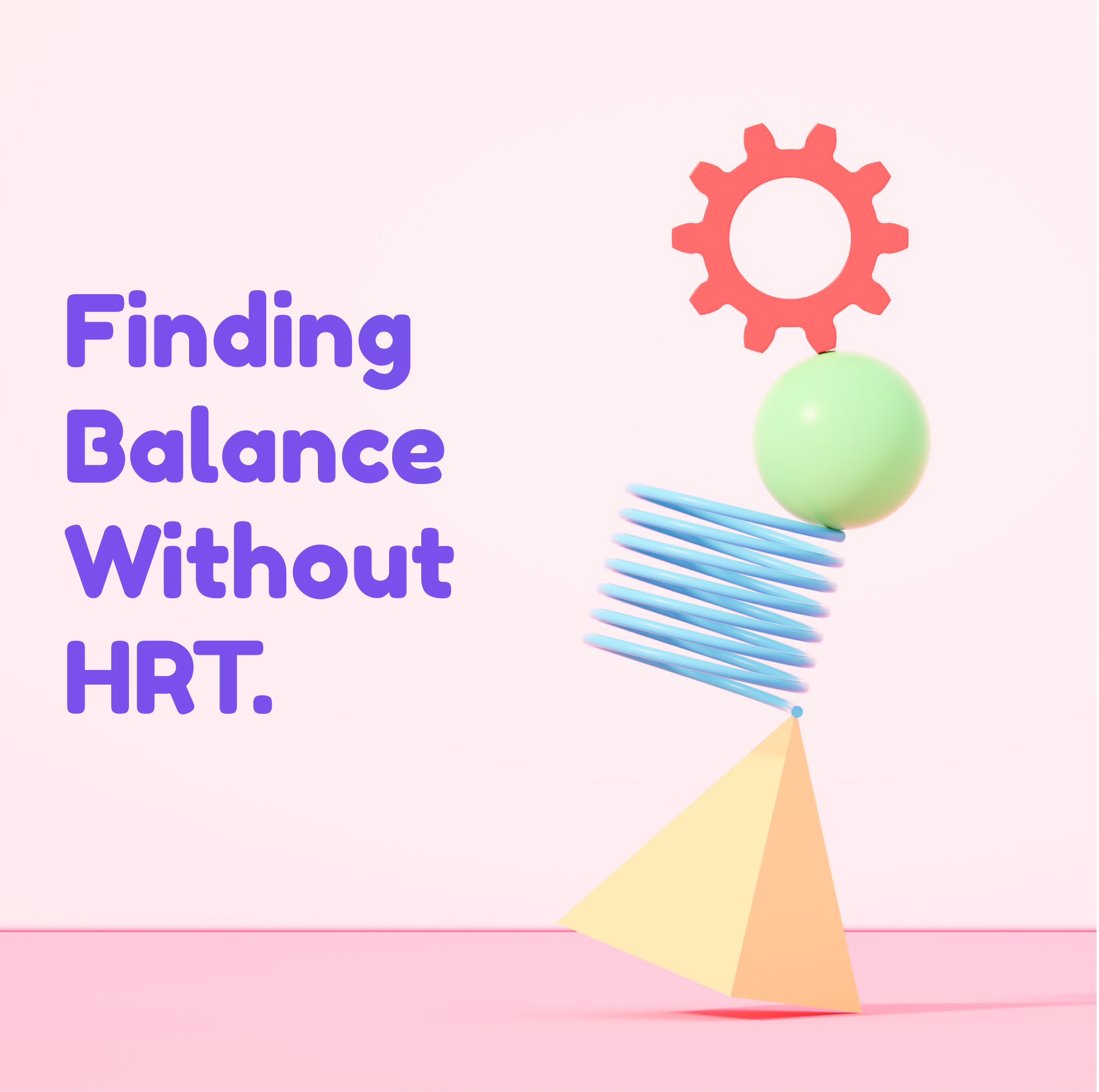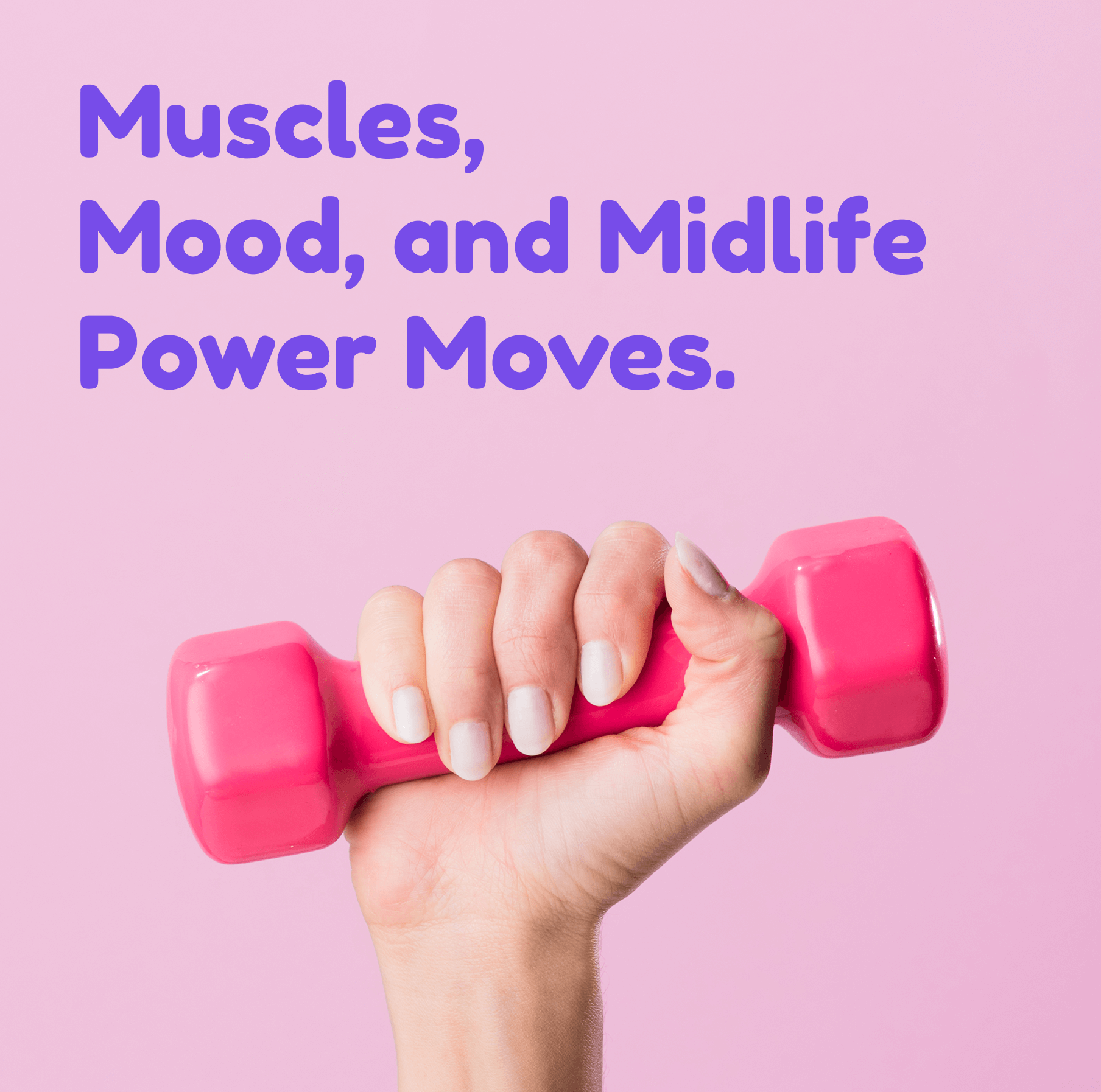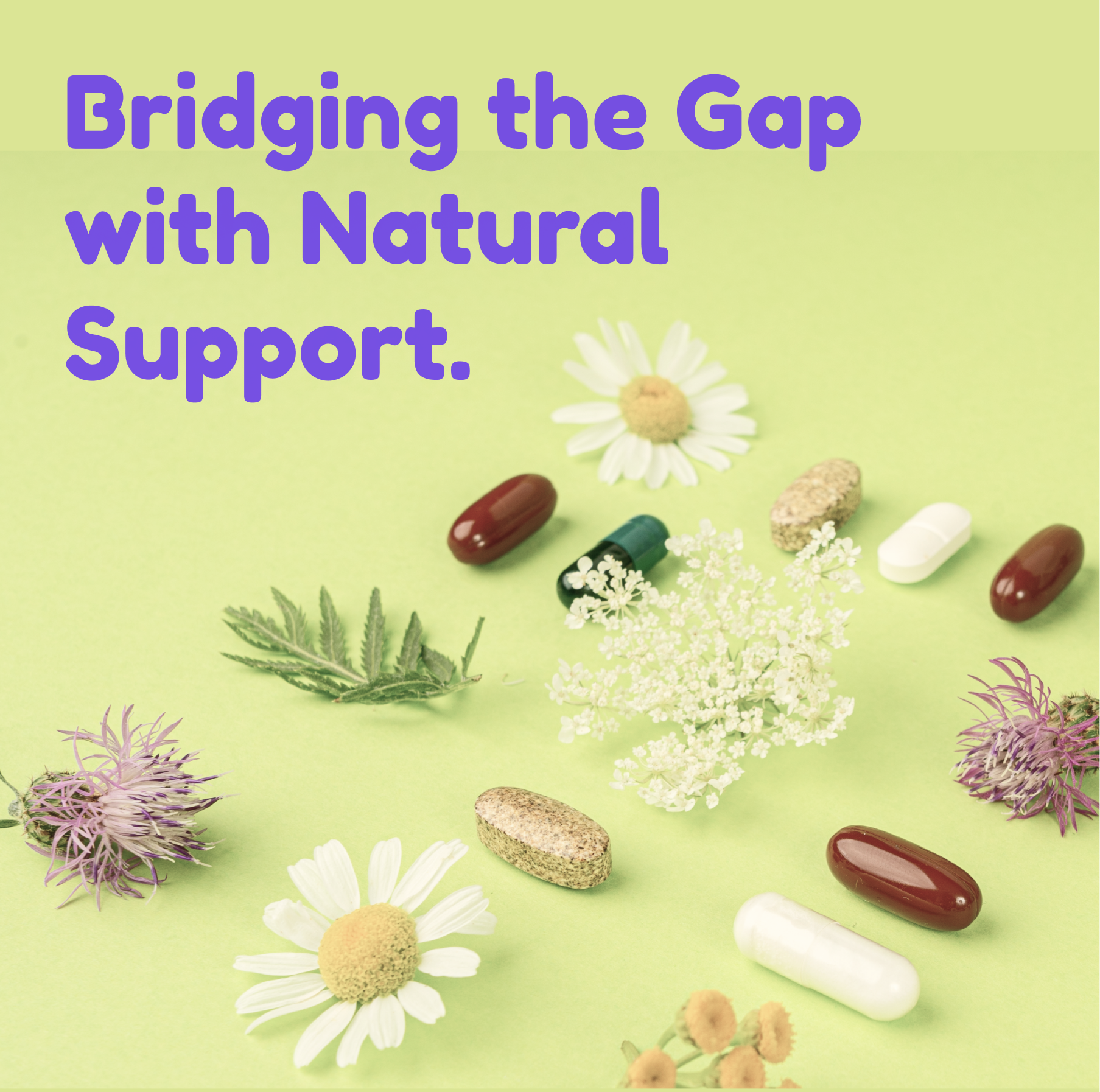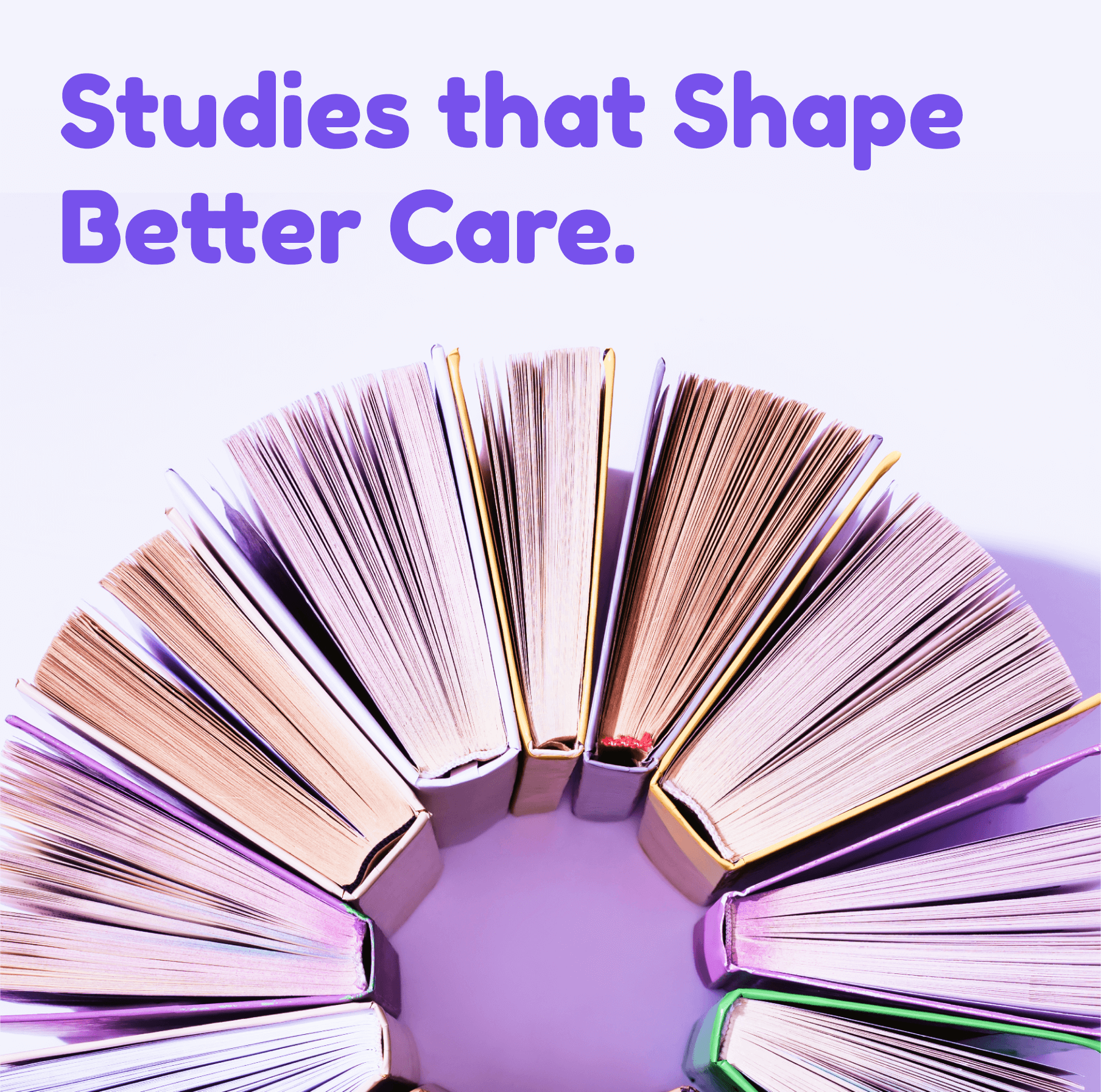
Non-Hormonal Options to Alleviate Menopause Symptoms
Menopause is a journey every woman navigates in her own unique way. Whether you’re waking up to unexpected hot flashes, dealing with night sweats that leave you tossing and turning, or just feeling a bit off balance as your body transitions, you’re not alone. While hormone therapy often gets a lot of attention, many women seek non hormonal options to alleviate menopause symptoms-and sometimes for good reason. Let’s dive into some alternative approaches that blend science, lifestyle changes, and a dash of humor to help you feel more like yourself again.
Got questions? Ask Noor.
Understanding Menopause and Its Challenges
Menopause brings with it a host of symptoms. Many women experience vasomotor symptoms such as hot flashes and night sweats, while others notice mood swings, dry mouth, weight gain, fatigue, foggy headedness, and even changes in skin and hair. These symptoms can disrupt sleep, affect work, and sometimes even your relationships.
For some, traditional hormone therapy isn’t a viable option due to risks like breast cancer, blood clots, or other side effects. That’s where non hormonal options to alleviate menopause symptoms come into play. It’s important to remember that each body is unique. What works for one woman might not work for another. Still, understanding your choices can empower you to take control of your journey.
Lifestyle Modifications: Small Changes, Big Impact
Sometimes the simplest changes in daily habits can make a big difference. Adjusting your environment and routine may help reduce the intensity and frequency of those pesky hot flashes.
Practical Tips:
Dress in Layers: Wear breathable fabrics and layers that you can easily remove when you start feeling warm.
Keep Cool: Use a fan, open a window, or even keep a cold drink nearby during a hot flash.
Optimize Your Sleep Environment: A cool, dark room and lightweight bedding can help improve sleep quality.
Diet and Exercise: Regular exercise and a balanced diet not only help manage weight (which can influence the intensity of hot flashes) but also support overall well-being.
Avoid Triggers: For some, caffeine, spicy foods, or alcohol might set off symptoms—experiment to see what works best for you. These simple adjustments can improve your quality of life without any medications and with no side effects to worry about!
Prescription Medications: A Closer Look at the Options
For women who need additional relief, non-hormonal prescription options can be a valuable resource. Unlike traditional hormone therapy, these medications target the symptoms without altering hormone levels. What’s on the Menu?
Selective Serotonin Reuptake Inhibitors (SSRIs): Medications like low-dose paroxetine are approved by the Food and Drug Administration (FDA) for treating hot flashes. Although SSRIs are commonly known as antidepressants, in this lower dosage they help alleviate hot flashes and improve sleep quality.
Norepinephrine Reuptake Inhibitors (NRIs): Drugs such as venlafaxine work by affecting neurotransmitters in the brain that are linked to temperature regulation. They can be effective in treating vasomotor symptoms.
Gabapentin: Originally developed as an anti-seizure medication, gabapentin has been found to help reduce hot flashes. Its sedative effect may also promote better sleep.
Clonidine: Although traditionally used to manage blood pressure, clonidine may reduce hot flashes; however, it requires careful monitoring since it can lower blood pressure too much.
It’s important to note that while these treatments have shown promise in clinical trials, they can come with side effects such as nausea, dry mouth, and sometimes a decrease in libido. It’s always best to discuss these options with your healthcare provider to find the right balance for your personal health needs.
Herbal Supplements and Natural Remedies
Natural remedies often feel like a gentle, holistic way to manage menopause symptoms. Many women turn to herbal supplements as part of their strategy.
Common Natural Options:
Black Cohosh: One of the most popular herbal remedies, black cohosh is believed to work as a selective estrogen receptor modifier. Some studies suggest it may help alleviate hot flashes, although results are mixed. It’s important to use it at recommended doses to avoid potential liver toxicity.
Soy Isoflavones: Found in foods like tofu, miso, and tempeh, soy is rich in phytoestrogens, which mimic the effects of estrogen in the body. While promising for some, the effectiveness can vary depending on individual body chemistry.
Red Clover: Similar to soy, red clover contains isoflavones but may not be more effective than a placebo for some women.
Other Botanicals: While options like dong quai, ginseng, and wild yam have been popular in various cultures, the scientific evidence for their benefits is limited.
Even though these remedies are “natural,” they aren’t without risk. High doses can lead to unwanted side effects, and interactions with other medications are possible—especially if you have a history of breast cancer or are on other treatments. It’s always wise to consult with a healthcare professional before starting any herbal supplement.
Mind-Body Approaches: Harnessing the Power of Your Mind
Sometimes the best treatment isn’t in a pill or a tea bag—it’s in the way you think and relax. Mind-body approaches are an excellent complement to other non-hormonal options.
Techniques That May Help:
Cognitive Behavioral Therapy (CBT): This form of therapy can help manage the stress and mood changes that often accompany menopause. By addressing negative thought patterns, CBT can lessen the perceived severity of hot flashes.
Mindfulness and Meditation: These practices help you focus on the present moment, reducing anxiety and the stress that can trigger vasomotor symptoms.
Deep Breathing and Relaxation Exercises: Simple techniques can help your body calm down during a hot flash, making the episode less disruptive.
The beauty of these approaches is that they’re free of side effects and can improve overall quality of life by promoting mental and emotional balance.
Bringing It All Together: A Personalized Approach
No single solution fits all when it comes to managing menopause. Combining different strategies can often yield the best results. For example, you might start with lifestyle modifications and mind-body approaches, and then add a non-hormonal prescription if needed. Here are some final pointers to help you build your personal plan:
Experiment and Observe: Notice which triggers worsening of your symptoms and adjust accordingly.
Mix and Match: Consider combining natural remedies with mind-body techniques for a synergistic effect.
Stay Informed: New non-hormonal options to alleviate menopause symptoms are emerging as clinical trials continue to refine our understanding. For instance, recent research on selective serotonin reuptake inhibitors and norepinephrine reuptake inhibitors shows promise for treating hot flashes without the risks of traditional hormonal treatment.
Consult Your Healthcare Provider: Every treatment option, whether it’s a herbal supplement or a prescription medication, has potential benefits and risks. A trusted doctor can help tailor a plan that addresses your specific needs, keeping in mind factors such as blood clots, high doses, and overall health.
A Positive Path Forward
Menopause is a natural stage of life, not just a series of symptoms to be managed. While the transition can be challenging, non hormonal options provide a spectrum of choices that can help you navigate these changes with grace. Embracing these alternatives—whether they are lifestyle tweaks, herbal supplements like black cohosh, or mind-body therapies such as cognitive behavioral therapy—can empower you to live a vibrant and fulfilling life.
Remember, every hot flash, mood swing, and moment of discomfort is a reminder of the incredible changes your body is making. With the right blend of non-hormonal strategies, you can not only alleviate symptoms but also enhance your overall quality of life. After all, this is your journey—and every step forward is a triumph. So take a deep breath, grab your favorite cooling towel, and know that you have options that are as unique as you are. Cheers to a healthier, happier, and more balanced you!



